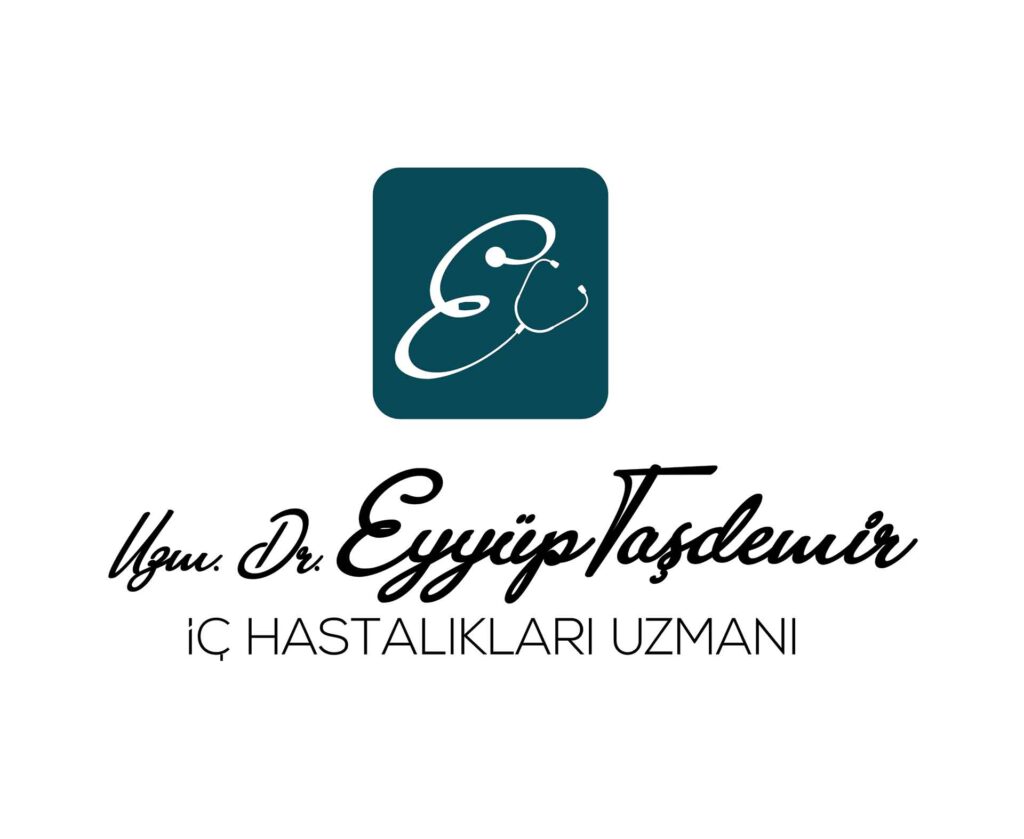
Contact Information
- Office Number: 7
- dreyyuptasdemir
Working Hours (GMT +3)
- Monday - Saturday: 10:00 -19:00
- Sunday: Closed
Appointment
Create Appointment
Dr. Eyyüp Taşdemir Internal Medicine Specialist Office
Specialist Dr. Eyyüp Taşdemir’s practice is to approach its patients in accordance with the “primum non nocere” rule of medicine, that is, “first do no harm” and under the guidance of Hippocrates’ oath “I will recommend treatments for the good of my patients to the extent of my ability and dominance and I will never harm anyone”,
“I will not disclose the information I obtain both during the practice of my art and in my daily interactions with people, I will keep it a secret and will not disclose it to anyone.” To observe patient privacy with the principle,
She aims to work in harmony and division of labor with her colleagues, to uncover the causes of diseases by delving into their roots rather than resorting to palliative solutions, and to match the appropriate treatment with the right patient. She strives to achieve these goals together with the Meditown family.
Professional Special Interests
- Hypertension
- Diyabet
- Thyroid diseases
- Rheumatic diseases
- Allergic diseases
- Asthma
- Cancer






